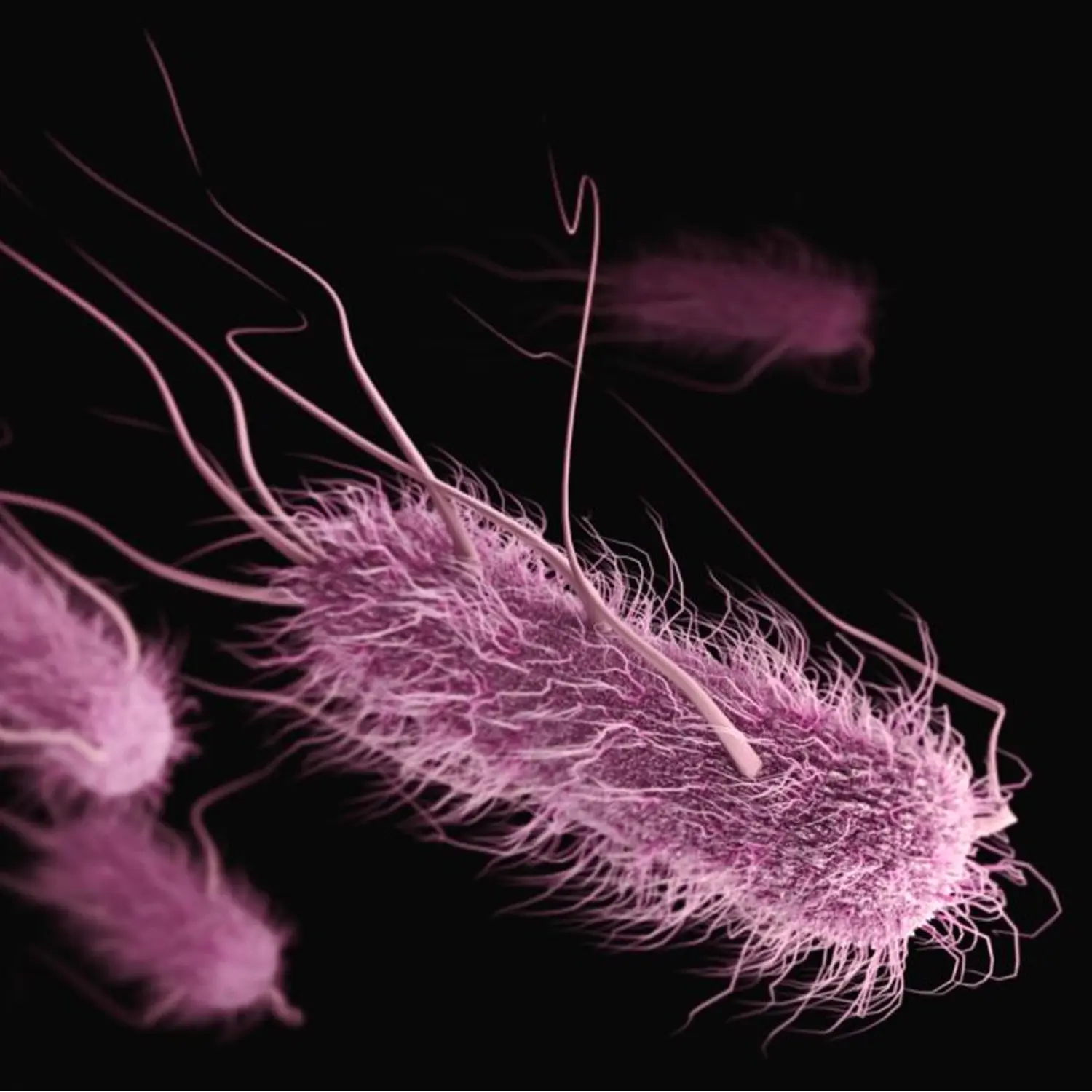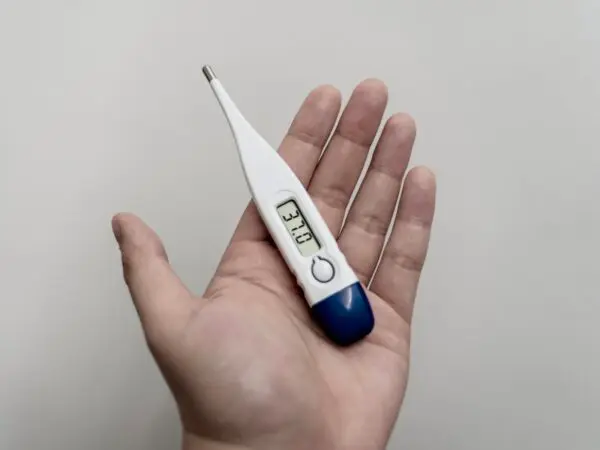
What is E. coli?
What is E. coli?
E. coli (escherichia coli) is a type of bacteria present in human and animal intestines. It is a misconception that E. coli in every form is bad for the human body. Some types of E. coli are harmless and promote gut and digestive system health. However, some strains can cause severe illness. This is commonly due to consuming food and/or water contaminated with E. coli.
What are the Symptoms of E.coli?
Symptoms of infection usually start after 3 or 4 days. Symptoms can last up to 10 days but are usually resolved around 5-7 days.

Symptoms include:
• Abdominal cramping and pain
• Diarrhea
• Loss of appetite
• Nausea
• Tiredness and fatigue
• Vomiting
• Fever
What Causes an E. coli Infection?
The most common ways infections are contracted is by:
• Contaminated food
• Contaminated water
• Poorly prepared/cooked foods
• Person-to-person contact
Contaminated Food
When the animal is slaughtered for food consumption (ground meat and poultry), bacteria can pass from the animal’s intestines to the meat product.
Contaminated Water
Human and animal waste could make its way into the water. These water sources include lakes, ponds, swimming pools, wells, and local water supplies. Swallowing water from these sources could lead to sickness.
Poorly Prepared/Cooked Foods
Unpasteurised food products such as milk, yoghurt, cheese, and fruit juices can carry e. coli. This is due to the foods being unpasteurised and not being treated to kill any bacteria that may be present. Fruit and vegetables that have been washed and prepared with water that contains the bacteria (this is common when nearby animal waste is present in the water system).
Person-To-Person Contact
You can contract an e. coli infection by coming into contact with someone who already has it. The most common way is shaking hands with another person and then not washing your hands correctly before touching your mouth. Another common person-to-person way of picking up an infection is by cleaning up after someone who is ill with it – for example, cleaning clothing, bedding, and cutlery – and not washing your hands properly.
How to Treat E. Coli
Fortunately, the bacterial infection usually goes away on its own without the need for medical treatment. Rest and making sure plenty of water is being drunk is recommended to combat fatigue and dehydration. Some antibiotics may be prescribed by your doctor/GP to reduce some of the symptoms you may have. For medical advice visit the NHS website or talk to your GP.
Prevention
To reduce your risk of E. coli it is imperative you wash your hands regularly and correctly before touching your mouth or eating. Before handling raw meat or eating food make sure your hands are thoroughly washed. It is also important to understand the source from which your food is coming. After touching animals (even your own pets) ensure you are cleaning your hands.
E. coli Water Testing at Andersen Caledonia
We offer a specialist water testing service that includes analysing the suitability of drinking water (potable water). It is important to test water for bacteria and to ensure it is not contaminated with human or animal waste – particularly if you or anyone else is feeling unwell. The test is conducted by our experienced laboratory technicians to identify the total viable count (TVC) of microorganisms present in the water including E. coli, Coliform, and Enterococci.
Share: